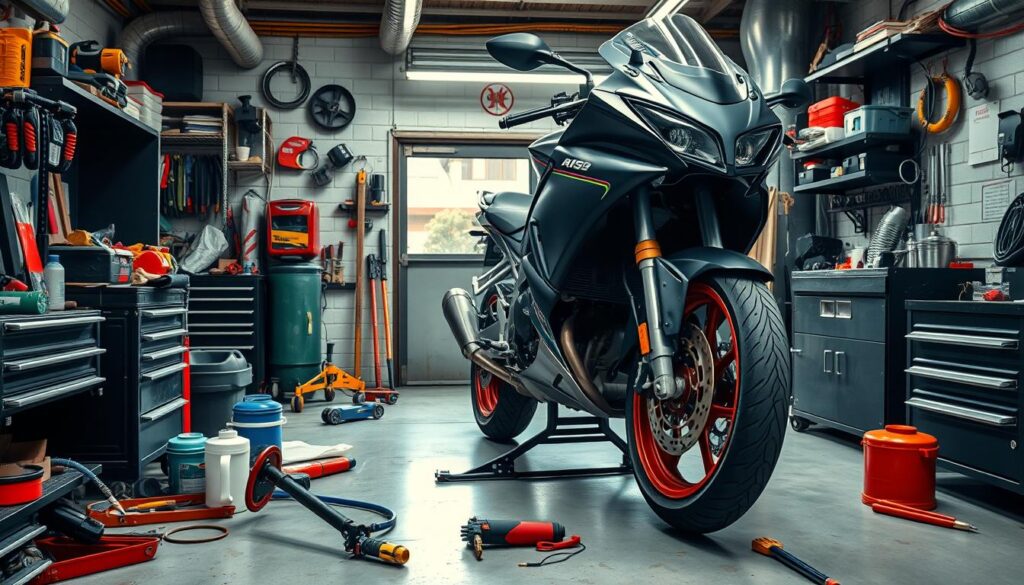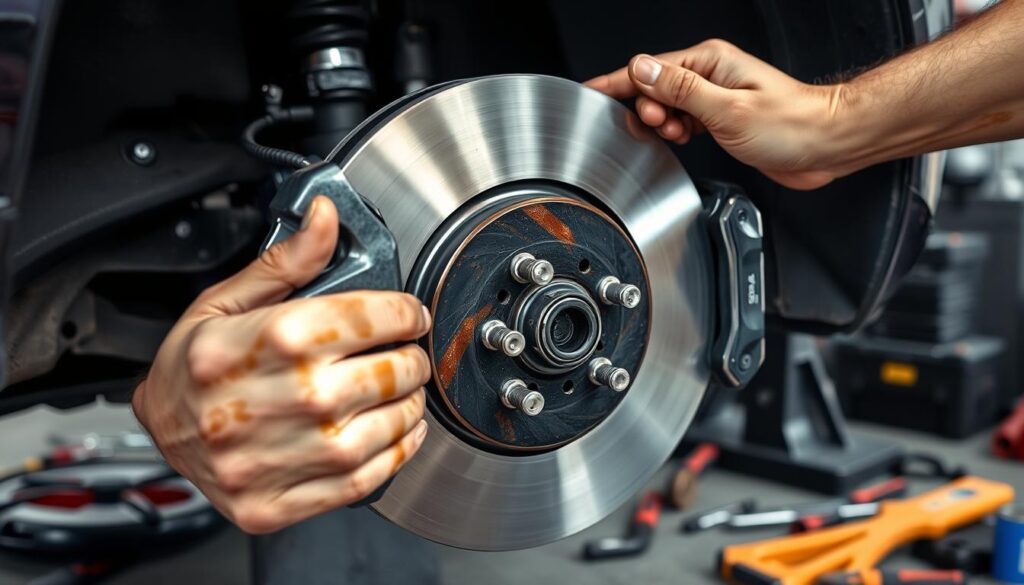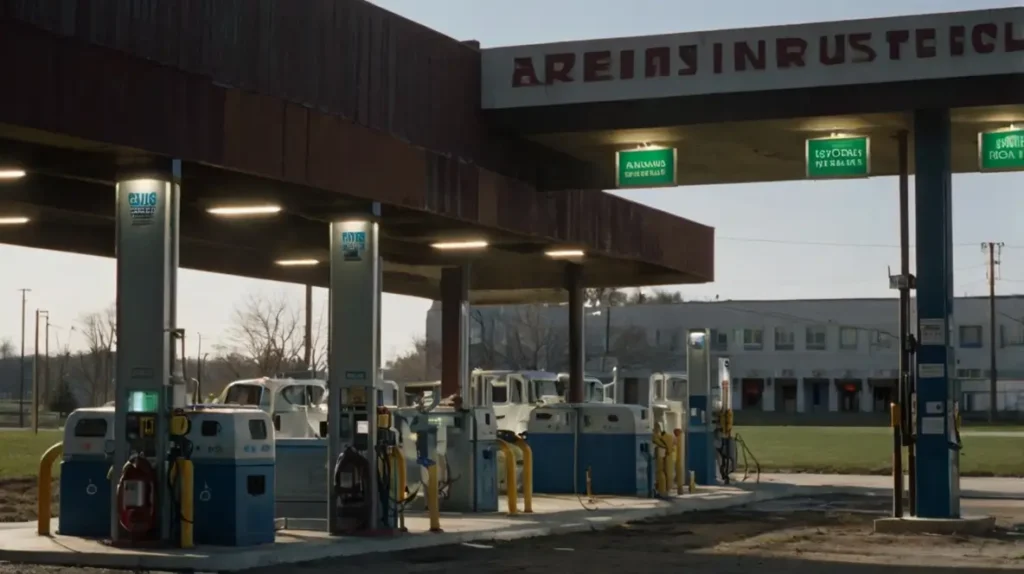Yamaha 125cc Yamaha’s 125cc motorcycles are well-known for their combination of performance, reliability, and versatility. Suitable for both beginners and experienced riders, these Yamaha 125cc bikes offer exceptional features that enhance the riding experience. From their powerful engines to their agile handling, Yamaha’s 125cc models are designed to meet the needs of a diverse range of riders. This guide will explore what makes Yamaha’s 125cc motorcycles special, highlighting their impressive fuel efficiency, modern technology, and durable construction. Whether you’re commuting through the city or enjoying a weekend ride, Yamaha’s 125cc lineup provides a perfect balance of comfort and performance. Discover why these motorcycles might be the right choice for your next adventure on two wheels! Yamaha 125cc Models Overview Yamaha YZ125: Pure Performance Design and Features The Yamaha YZ125 is a standout motocross bike known for its high performance and agility. With its lightweight design, this Yamaha 125cc model is easy to handle, making it perfect for navigating rough terrains. Equipped with a powerful 125cc 2-stroke engine, the YZ125 offers rapid pick-up speed, delivering an exhilarating riding experience that motocross enthusiasts crave. Its advanced suspension system effectively smooths out bumps and impacts, ensuring a comfortable ride even in the toughest conditions. Engine and Technology The heart of the YZ125 is its liquid-cooled, 2-stroke engine, which provides thrilling power and quick responsiveness. Yamaha has integrated several innovative features, including adjustable suspension and a high-tech exhaust system, enhancing both performance and efficiency. These technological upgrades make the YZ125 an outstanding choice for motocross fans who demand the best from their bikes. Riding Experience https://vorlaxauto.com/volvo-safety-features/When it comes to the riding experience, the YZ125 excels with its precise handling and robust braking system. Designed for stability, control, and safety, this Yamaha 125cc motocross bike allows riders to confidently tackle sharp turns and challenging trails. Whether you’re racing or enjoying a leisurely ride, the YZ125 ensures an enjoyable and secure experience on any track. Overall, Yamaha’s YZ125 combines cutting-edge design, powerful performance, and advanced technology, making it a top contender in the 125cc motocross category. Yamaha Zuma 125: Fun and Useful Design and Features The Yamaha Zuma 125 is a versatile scooter celebrated for its fun and city-friendly design. Tailored for both city commuting and light off-road adventures, the Zuma 125 seamlessly blends everyday practicality with enjoyment. Its compact yet rugged appearance, complemented by wide tires and a sturdy frame, makes it equally adept on bustling city streets and unpaved dirt paths. This Yamaha 125cc scooter is perfect for riders looking for a stylish and functional mode of transportation. Engine and Efficiency At the heart of the Zuma 125 is a fuel-injected, 125cc 4-stroke engine that delivers both efficiency and reliability. This engine is designed for smooth acceleration and exceptional fuel economy, making it an intelligent choice for daily use. Additionally, the Zuma 125 features an automatic transmission, simplifying the riding experience for new riders or commuters who prefer a hassle-free ride. This combination of power and efficiency ensures that you can navigate urban environments with ease. Usability The Yamaha Zuma 125 excels in usability, featuring practical elements that enhance the riding experience. It comes equipped with under-seat storage, perfect for stowing away personal items or groceries, and dual headlights for improved visibility during nighttime rides. Its comfortable seat and intuitive controls make it an excellent option for daily commuting or running errands, striking a perfect balance between style and functionality. Whether you’re navigating city traffic or enjoying a weekend outing, the Zuma 125 provides a reliable and enjoyable ride. Overall, Yamaha’s Zuma 125 is a top choice in the 125cc scooter category, offering a mix of design, performance, and everyday usability that caters to a variety of riders. Why Choose a Yamaha 125cc Motorcycle? Choosing the right motorcycle can be a daunting task, but Yamaha’s 125cc models make the decision easier with their impressive combination of performance, reliability, versatility, and motorcycle safety features. Whether you’re a beginner or an experienced rider, these bikes offer features that cater to diverse riding styles and preferences. Here’s a closer look at why Yamaha’s 125cc motorcycles stand out in the market. Reliability and Longevity Yamaha motorcycles are synonymous with reliability, and the 125cc series is no exception. These bikes are engineered with durability in mind, ensuring they can withstand the rigors of daily use. With high-quality components and solid construction, Yamaha’s 125cc motorcycles are built to last, which means you can enjoy steady performance without the hassle of frequent repairs. This reliability is particularly beneficial for those who depend on their bike for commuting or those who enjoy longer weekend rides. By choosing a Yamaha 125cc motorcycle, you’re investing in a bike that will serve you well for years to come. Fuel Efficiency In an age of rising fuel costs, fuel efficiency has become a critical factor for many riders. The Yamaha 125cc range excels in this area, offering exceptional mileage that helps you save money at the pump. Models like the YZ125 and Zuma 125 are designed with fuel efficiency in mind, making them smart choices for daily commuting and longer excursions alike. The YZ125 provides the power and performance you crave without sacrificing fuel economy, while the Zuma 125 boasts remarkable figures, averaging around 100 mpg (42.5 km/l). This fuel efficiency not only reduces your overall riding costs but also contributes to a more sustainable riding experience. Modern Features Yamaha is committed to incorporating modern technology and features into its 125cc motorcycles, enhancing both safety and comfort for riders. The advanced suspension systems found in these bikes ensure a smooth ride, absorbing bumps and providing stability, whether you’re navigating city streets or tackling rugged trails. Reliable braking systems give you peace of mind, allowing for confident stopping power in various conditions. Furthermore, ergonomic designs prioritize rider comfort, making longer journeys more enjoyable. With features like adjustable suspension and high-quality tires, Yamaha’s 125cc motorcycles provide an all-around superior riding experience. Frequently Asked Questions What is the top speed of the Yamaha YZ125?The Yamaha YZ125 is capable






